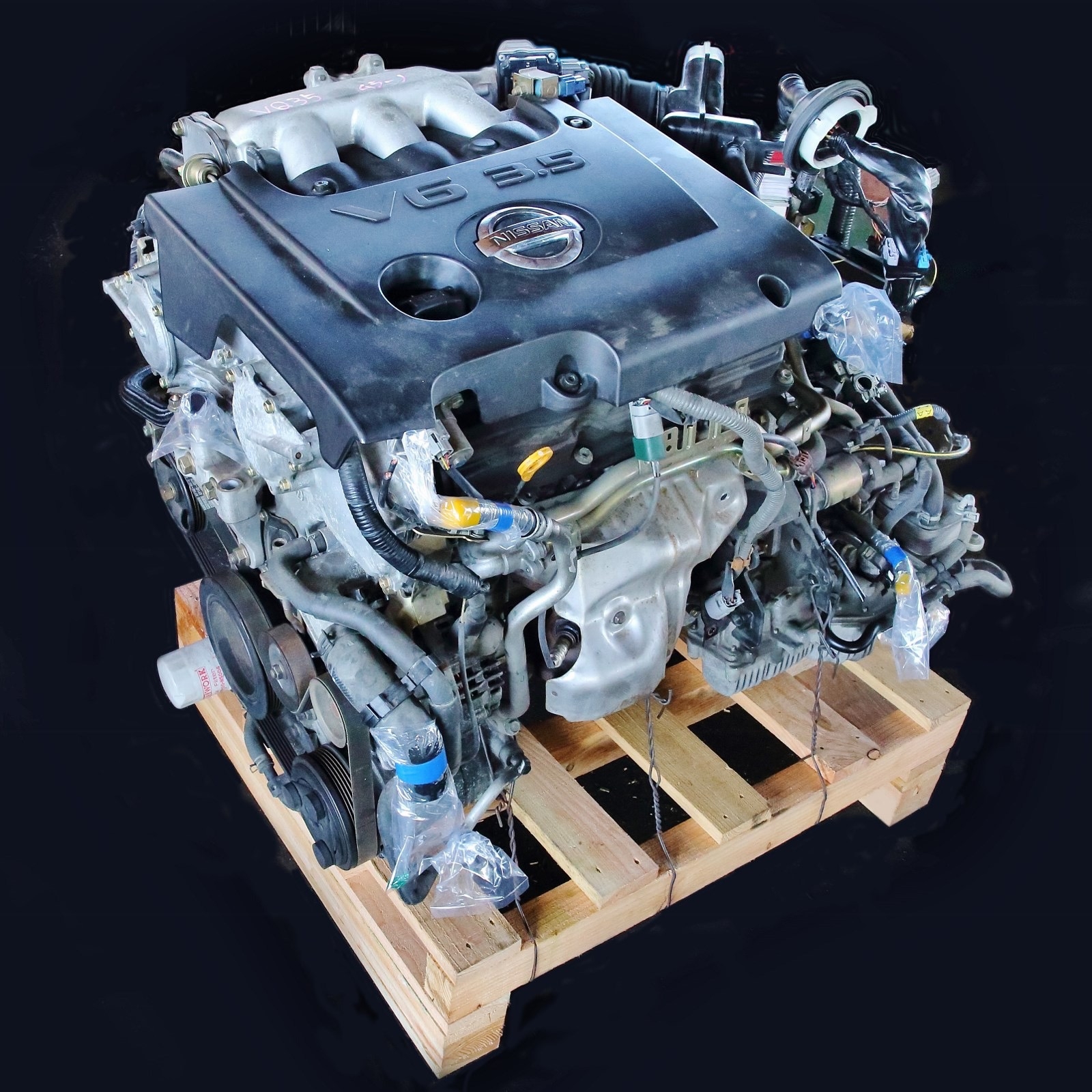Important Factors To Consider for Guaranteeing Quality and Long Life in Used Engines
When considering the acquisition of a made use of engine, ensuring its high quality and long life calls for a complex technique. Maintenance history is a crucial aspect, as it provides understanding right into the engine's past treatment and prospective future reliability. Performance testing is also crucial, providing a picture of the engine's functional performance.
Engine Background Assessment
In the world of used engines, a detailed engine background examination is critical to guaranteeing high quality and reliability. Understanding an engine's past can give critical understandings right into its efficiency capacities and prospective future long life. A meticulous history testimonial incorporates a number of vital facets that play a substantial duty in examining an engine's condition. To start with, upkeep records are indispensable. Normal upkeep, including oil adjustments, filter substitutes, and set up tune-ups, indicate that the engine has actually been well-cared-for, lowering the probability of unexpected failures.
Furthermore, evaluating any kind of background of repair services or replacements is vital. Engines that have actually undertaken significant repair services may have underlying issues that can resurface. Understanding the context of such fixings, whether due to manufacturing defects or proprietor neglect, is crucial in creating a thorough evaluation. In addition, analyzing the engine's mileage can function as a sign of deterioration. Lower gas mileage engines are typically much more preferable, but it is also vital to consider just how those miles were built up. An engine utilized mostly for long-distance highway driving might remain in better condition than one based on frequent stop-and-go city web traffic.
In significance, an extensive investigation into an engine's history is crucial for making informed acquiring decisions. used engines for sale.
Comprehensive Evaluation Overview
While understanding an engine's background offers valuable context, a thorough inspection is the following step to ensure its existing condition aligns with historical information. The assessment needs to start with a visual evaluation, examining for indicators of leaks, deterioration, and uncommon wear. Examine the outside for oil spots or coolant marks, which may show underlying problems.
Next, assess the engine's installing system for any type of loose bolts or problems that might impact performance. Pay attention to the condition of belts and pipes, as these components are important for ideal engine capability. Analyze for cracks, fraying, or any kind of indications of deterioration.

Determining Deterioration
Recognizing indicators of wear and tear is essential for assessing a made use of engine's longevity and reliability. It involves a careful exam of various engine components to determine their current state and prospective future performance.
One more essential aspect is inspecting the engine's seals and anonymous gaskets. Additionally, uncommon sounds during engine operation, such as knocking or ticking noises, may suggest interior damage or too much wear on relocating components like pistons or bearings.
The problem of belts and pipes is equally vital, as they play a vital role in the engine's general function. Cracked or frayed belts and breakable hoses are indications old that might result in engine failure if disregarded. Checking out the oil problem and filter can give understandings into previous upkeep practices, as filthy oil or stopped up filters recommend overlook and sped up wear.
Performance Screening Essentials
Assessing the deterioration of engine elements establishes the phase for an extensive analysis via efficiency testing. Performance testing functions as a vital step in determining the functional stability of a made use of engine. here are the findings By mimicing real-world conditions, it analyzes the engine's capacity to provide power effectively and dependably. Secret metrics include horsepower, torque, fuel efficiency, and emissions degrees. This information offers important insights into the engine's existing performance and aids determine possible concerns that might not be promptly visible.
Utilizing dynamometers is a typical technique in performance screening. These devices determine the engine's result throughout numerous problems, providing a comprehensive profile of its capability. In addition, on-road testing enhances dynamometer assessments by observing engine behavior under common driving situations, guaranteeing it meets the needed standards for both security and efficiency.
These tools evaluate engine monitoring systems, determining mistakes in digital elements that might affect performance. Comprehensive testing not only verifies the engine's operational standing but also help in projecting future maintenance needs.
Maintenance and Care Tips
Proper upkeep and treatment are critical to lengthening the lifespan of an utilized engine and ensuring its consistent performance. Regular oil changes are paramount; utilizing the supplier's advised oil type and grade can avoid extreme deterioration. Furthermore, oil filters should be replaced concurrently to maintain optimal lubrication and sanitation within the engine.
Monitoring fluid levels, consisting of coolant, transmission liquid, and brake Learn More liquid, is important. Making sure these fluids are at ideal degrees aids prevent overheating and various other mechanical problems. Examining belts and pipes for indicators of wear, such as cracks or fraying, can avert potential failures that might cause pricey repair services.
Regular inspection of the air filter is additionally essential, as a tidy filter makes sure reliable air flow and combustion, therefore enhancing engine performance. Ignition system must be inspected and changed when required to maintain efficient fuel combustion and avoid engine misfires.
Finally, regular analysis checks utilizing expert tools can recognize prospective issues before they come to be substantial troubles. By adhering to these upkeep and care tips, made use of engine owners can ensure their engines remain reputable, efficient, and qualified of doing well over an extended period.
Verdict
